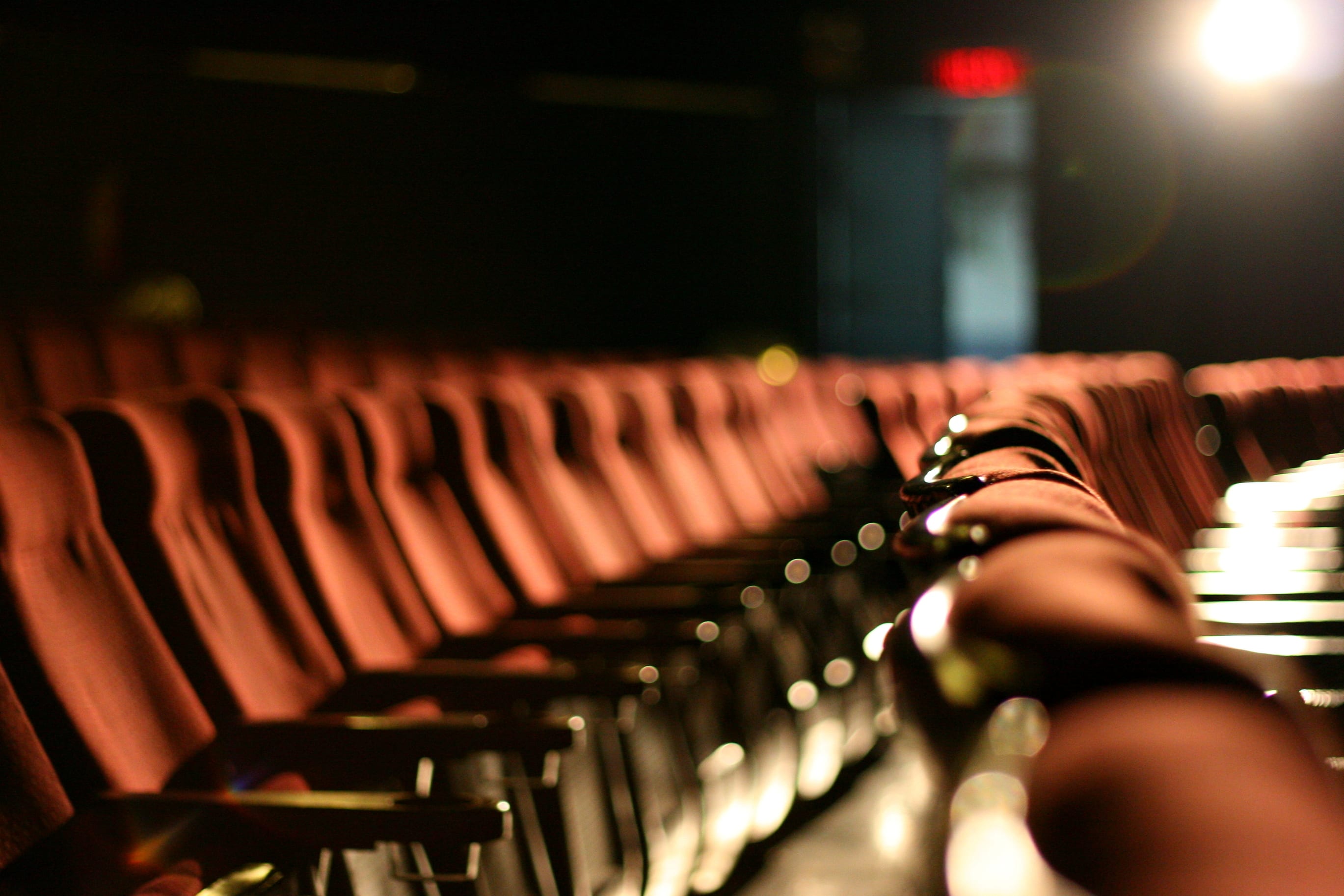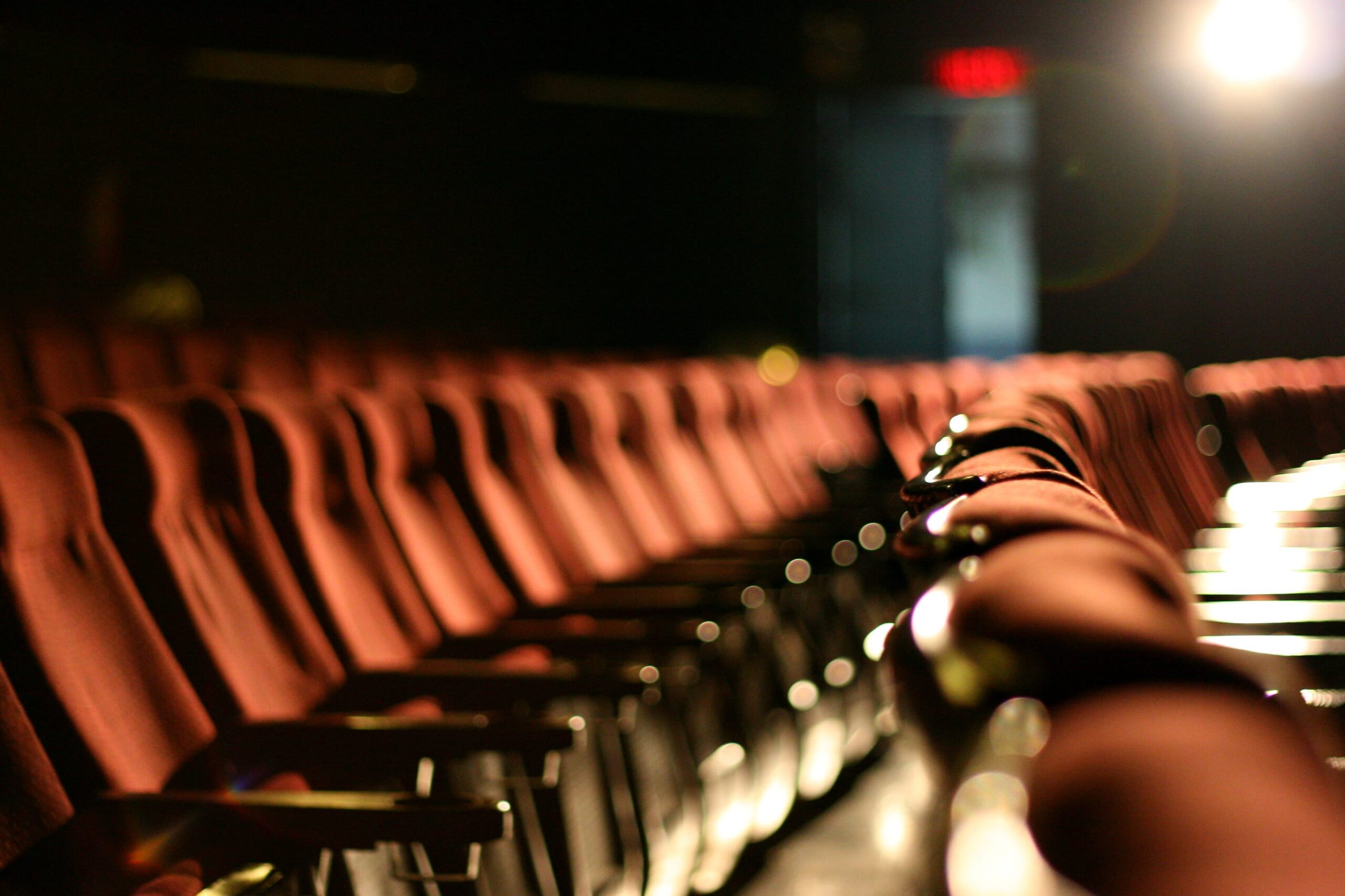
A recent court decision has put the controversial “stand your ground” law back under the microscope. Passed in Florida in 2005, the law changes traditional self-defense guidelines immensely. “Stand your ground” eliminates the responsibility to retreat from dangerous situations and authorizes individuals to forcefully defend themselves to “prevent the commission of a forcible felony.” Since it’s passing there has been debate over consequences and convictions, and now, more concerns are surfacing.
A 2017 amendment reversing the burden of proof, is the origin of a state-wide disagreement. Originally, the burden of proof, or responsibility to prove one’s claim, was left to the defense. However, the amendment now leaves it up to the prosecution to refute a “stand your ground” claim. One contentious question that arises from this change is whether the change can be applied retroactively to active cases. Not all courts agree, as the Second District Court of Appeals has decided to apply the rule retroactively to various cases in Hillsborough and Pinellas County, while the Third District Court of Appeals, located in Miami, has deemed the amendment unconstitutional and has decided not to apply it retroactively.
These conflicting decisions mean that the final decision on retroactive application rests with the Florida Supreme Court; a process that could take as long as a year. Until the Florida Supreme Court reaches a decision, each district will handle cases as their district court has directed. In the meantime, there is a lot of uncertainty amongst defendants, victims, defense attorneys and prosecutors.
One of the first cases to apply the amended law is the Pinellas County trial of Bobby Ryan. Accused of taking part in a fight in 2016 that turned fatal, Ryan claimed a “stand your ground” defense under the new rules and prevailed. Although the charges against Mr. Ryan were dismissed, the Attorney General’s Office has appealed the decision because they do not believe that the law should be applied retroactively to crimes committed before June 9, 2017. While his case is under appeal, Mr. Ryan has cited great uncertainty for himself and his family as his fate is once again in the hands of the courts.
In Hillsborough County, Tymothy Ray Martin was previously convicted of felony battery against his girlfriend. He unsuccessfully attempted a “stand your ground” defense and was convicted. Martin’s attorneys appealed the conviction on the grounds that the amended law should apply to his case. The Second District Court of Appeals agreed, and Mr. Martin will get a second shot at a “stand-your-ground” defense.
Cases such as Martin’s raise concerns from both victims and prosecutors. Retrying cases that have already been decided carry heavy costs to the prosecution as time and expense must be allocated to retrying cases. Additionally, the necessity of reliving trials and the possibility of reversals can be very painful to victims.
Those in Pasco County are particularly curious about the long-standing case of retired Tampa police captain, Curtis Reeves. Reeves has been awaiting trial since he shot and killed Chad Oulson in a movie theatre in 2014, claiming a “stand your ground” defense. The judge did rule against him, rejecting his “stand your ground” defense. Unsurprisingly, his lawyers appealed the decision. Now, with the amendment in place, prosecutors, defenders and family members alike are unsure of what this means for Reeves or the Oulson family.
The decision of the Second District Court of Appeals impacts everyone involved in the case. For Curtis Reeves, the more time passes, the more time he will live free of any consequences for his actions. Oulson family attorney TJ Grimaldi stated, “An opportunity for a second chance at a stand your ground defense can only be seen as a win for Mr. Reeves and his attorneys.”
For the widow of Chad Oulson, this waiting game only adds to the suffering she experienced by losing her husband. Waiting for these decisions means anxiously anticipating another potential hearing, and more importantly, further delaying justice.
The individuals from the cases highlighted above are not the only ones who will be directly affected by this conflict. The uncertainty the amendment creates can be costly to the state itself and its citizens, and especially painful for both defendants and victims. It also impacts the dockets which will be pushed back for both the state and defense attorneys to focus on cases they had deemed done. The debate over this amendment is causing statewide chaos and is ultimately doing more harm than good. If you have any further questions, comments or concerns please comment below.
